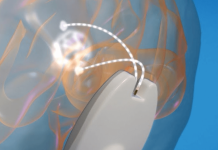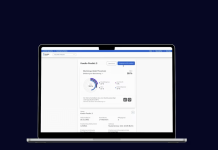Airiver Medical announced it received FDA investigational device exemption (IDE) for its pulmonary drug-coated balloon (DCB).
The Brooklyn Park, Minnesota-based company designed its DCB to treat central airway stenosis. This FDA IDE – the company’s first — allows it to begin a pivotal clinical trial of the technology.
Central airway stenosis (airway narrowing) can lead to prolonged intubation, tracheostomy, stenting, tuberculosis or lung transplant. According to a news release, approximately 100,000 tracheo-bronchial stenting and dilation procedures take place annually in the U.S.
Related: Ciliatech wins CE mark for an eye implant for treating glaucoma
Airiver designed its DCB to combine standard balloon dilation with proprietary drug delivery. It aims to open the respiratory tract and deliver therapeutics designed to maintain symptom relief and prevent recurrence. The system’s proprietary coating enables very localized paclitaxel delivery to the stenosis while limiting levels in the surrounding healthy tissue.
Enrolling up to 200 patients suffering from central airway stenosis, the IDE study takes place across the country with the goal of assessing the DCB’s safety and efficacy. It compares the DCB to bare balloon dilation, the current standard of care.
The study serves as the basis for a future regulatory submission to the FDA as Airiver seeks to commercialize the DCB in the U.S.
“As it stands, there is no optimal treatment of recurrent airway stenosis available as part of today’s treatment paradigm. Securing IDE approval for this study is extremely exciting because the Airiver DCB has the potential to establish a new minimally invasive and durable treatment option preventing recurrence for patients suffering from this serious condition, which has not yet been accomplished,” said Lixiao Wang, founder, CEO and chief technology officer for Airiver Medical.




